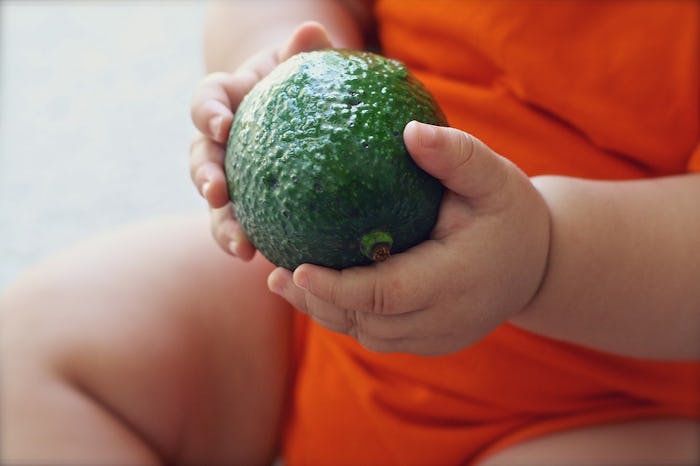As your baby or toddler gets older, weaning is inevitable. As a result, you may be on the look out for early signs of self-weaning, thinking that the end is nearing. Although it's totally normal for babies to self-wean, Baby Center noted that each child will want to wean at different ages, however inevitable it may be. The article also stated that it's rare for babies to self-wean before age one, so "early" signs will be a relative term as well.
Whether you're ready to have your body back to yourself or are reluctant to end your time breastfeeding, your baby may have a different plan in mind for breastfeeding than you do. Letting your child take the lead on their path to weaning is usually the smoothest and healthiest route to go, as forced weaning usually backfires.
If your baby suddenly has as aversion to nursing, don't assume they're weaning just yet. According to La Leche League International (LLLI), when you choose to go the "baby led weaning" route, it will likely take weeks or months for your baby to wean fully.
Be patient with your baby as they start showing the following signs of weaning, enjoying even the frustrating moments, because they won't last forever.
1They're Increasingly Disinterested In Nursing Even When You Minimize Distractions
As babies get older, they're more active and interested in the world around them. However, LLLI noted that many babies and even toddlers may loose interest in nursing for a brief period of time, but it doesn't necessarily mean they're weaning. If your baby or toddler is truly self-weaning, they'll likely gradually "forget" about nursing and choose other foods or comfort activities instead.
2They Eat A Variety Of Solids And Get Nutrients From Other Sources
If breastfeeding is your baby's main source of nutrition, they're likely not weaning. However, if your baby is old enough to eat a variety of solids and "adult food," it's reasonable to think that they're ready to ease off nursing.
3They're Not Teething
Many parents find their babies don't want to nurse while they're teething due to discomfort. But, according to Baby Center, the discomfort and aversion to nursing will likely only last a few days and isn't related to weaning. On the other hand, many babies will want to nurse more than normal for comfort while they're teething.
